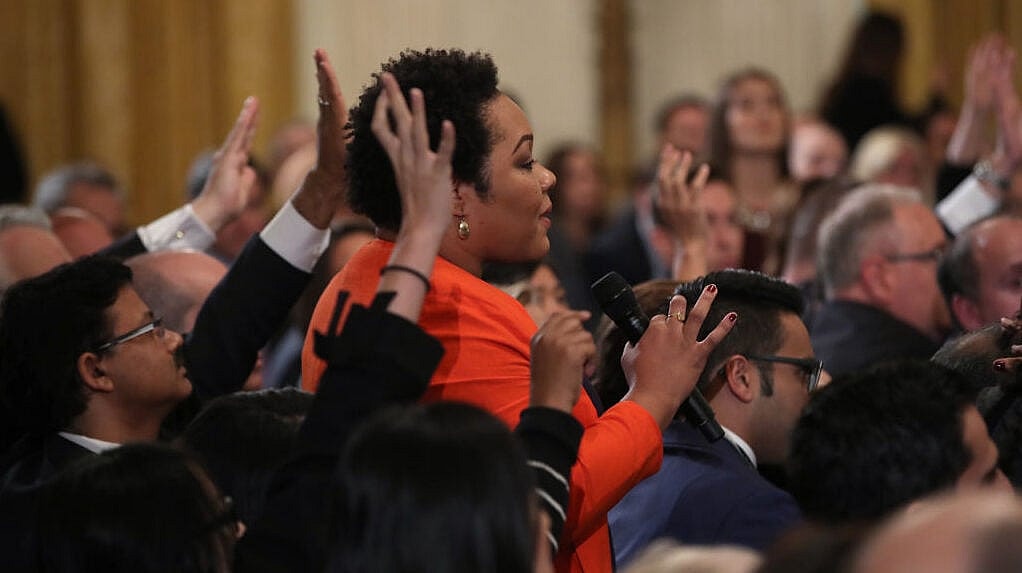Mastering emotional intelligence (EQ) opens amazing possibilities for growth. It unleashes the power of personal development, positively impacting your social, family and career lives. For those eager to embark on a journey of self-discovery and success, the best books on emotional intelligence offer more than scientifically proven data on why EQ matters. They provide the transformative strategies and tools you need to:
Collectively, these five components of emotional intelligence can reduce inhibitions, increase confidence and help you enter a new level of leadership.
While diving into the 10 best emotional intelligence books, consider taking a few minutes to also explore some of the best EQ tests found online. They will help pinpoint some of your EQ strengths while providing insights on areas for further personal development!
By Daniel Goleman, Ph.D.
This New York Times bestseller popularized the concept of emotional intelligence for mainstream audiences worldwide. Considered a classic among EQ books, Goleman’s Emotional Intelligence draws from cutting-edge brain and behavioral research to explore why high IQ alone is no guarantee of success. From self-awareness and leadership to family relationships and the cost of emotional illiteracy, psychologist Goleman’s work continues to provide a fresh understanding of what it means to “be smart.”
By Travis Bradberry, Ph.D.
Building positive mental habits can change your entire outlook and enhance your life. Bradberry uses this concept as a practical method to help others develop emotional intelligence. Following up his bestselling book Emotional Intelligence 2.0, Bradberry delivers a practical framework that guides readers in breaking bad habits, developing good ones and increasing their EQ in the process. Benefits include greater self-awareness, social awareness, relationship management and much more.
By Amy Gallo
Have you ever gained a new knowledge or skill and, over time, felt surprised or even frustrated that others hadn’t as well? The same applies to increasing your EQ. Working with emotional intelligence means, at least in part, that you will work with lower EQ associates and social contacts. Some of them might even be considered “difficult.” Workplace expert and podcaster Gallo has solutions. Called “a practical and empathetic guide to taking the high road” by Publishers Weekly, Getting Along provides a practical roadmap for navigating relationships with compassion and encouragement.
By Steven J. Stein, Ph.D., and Howard E. Book, M.D.
Authors Stein and Book provide one of the most comprehensive guides to emotional intelligence with their book The EQ Edge. Opening chapters offer a comprehensive examination of what EQ is and an exploration of EQ vs. IQ as it relates to your success. But far beyond that, this guide provides valuable insights to help readers develop emotional self-awareness and self-regard and express themselves more authentically. It even tackles issues of problem solving and self-control, making it a valuable tool for professionals in any industry.
By Christopher D. Connors
While emotional intelligence serves personal and professional benefits for anyone, organizational leaders find it critical. Connors is globally recognized as a leading emotional intelligence expert and keynote speaker. In this concise yet comprehensive guide, he teaches today’s leaders the pillars of high-EQ leadership, which help drive thriving work cultures and organizational success. Leaders will learn step-by-step the skills and tools needed to enhance their own emotional intelligence in the modern workplace.
By Jeanne Segal, Ph.D.
Subtitled The Five Essential Tools for Building Powerful and Effective Relationships, Segal’s book provides more than an EQ development guide. The author delivers a comprehensive program to help you build strong relationships with virtually anyone you know both in and out the office. Through simple exercises, revealing quizzes and proven techniques to increase calm, she explores self-development at a practical and actionable level. Readers of this emotional intelligence book will learn how to make powerful connections, defuse conflicts, overcome feelings wounded in the past and much more.
By Marc Brackett, Ph.D.
A better society depends on both ourselves and our children. We coexist, and we impact each other emotionally. Few understand that as well as Brackett, a professor in Yale University’s Child Study Center and founding director of the Yale Center for Emotional Intelligence. His book seamlessly blends scientific rigor with heartfelt compassion to assist children and adults grappling with difficult emotions and feelings of shame. Brackett offers a clear, cogent framework to reverse course and change the narrative underlying emotional struggles.
By Oprah Winfrey and Bruce D. Perry, M.D., Ph.D.
This No. 1 New York Times bestseller provides the reader with an emotionally charged and science-driven account of what drives our behaviors. Co-authored with a renowned brain trauma expert, Winfrey provides deeply personal anecdotes to illustrate how past traumas affect self-image and awareness throughout our lives. In doing so, she provides a renewed understanding of how we value ourselves and one another while also offering a guide to help readers better self-regulate their internal emotions and external behaviors.
By Richard Garraway
Effective communication skills and empathy serve as the foundation of EQ. Delivering a blend of theoretical insights and practical methods, Garraway focuses on communication and understanding to help readers develop greater relationship management skills. This book on emotional intelligence equips readers with the strategies required to manage social anxiety, communicate more effectively and harness the powers of both cognitive and emotional empathy.
By Morten Johnson
Your brain and behavioral skills are deeply connected to EQ. Johnson’s book first provides a solid introduction to all major aspects of emotional intelligence. From there, he delivers a strong, strategic guide to better understanding and controlling behaviors and emotions through greater self-awareness. Lastly, Johnson provides a deeply practical and actionable guide to better communicating with others. Taken together, readers come away with the keys to unlock success while building stronger, more meaningful relationships.
Photo by Dean Drobot/Shutterstock.com
Bryan enjoys the digital space where arts and technology meet. As a writer, he has worked in education, health and wellbeing, and manufacturing. He also assists smaller businesses in web development including accessibility and content development. In his free time, he hikes trails in central Florida.





